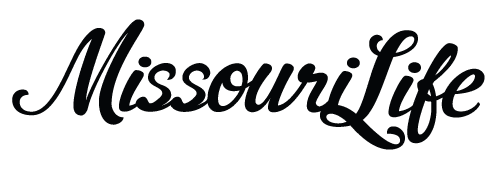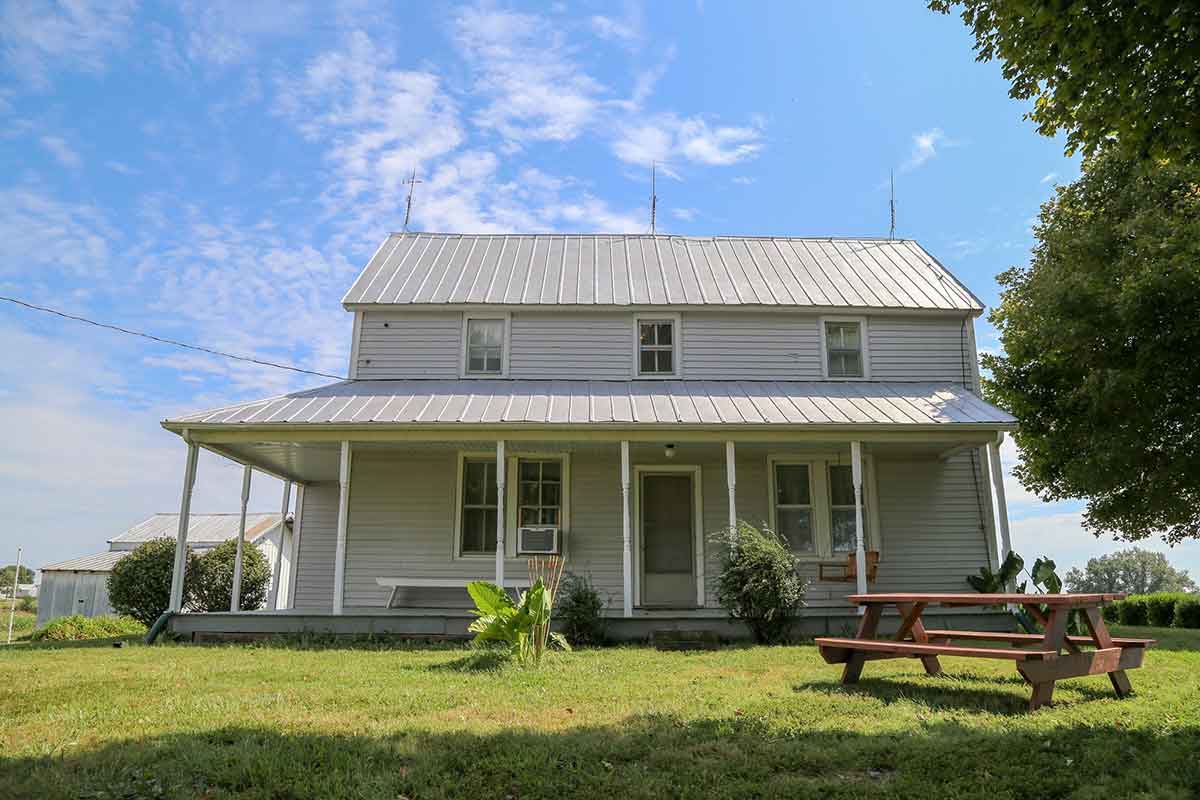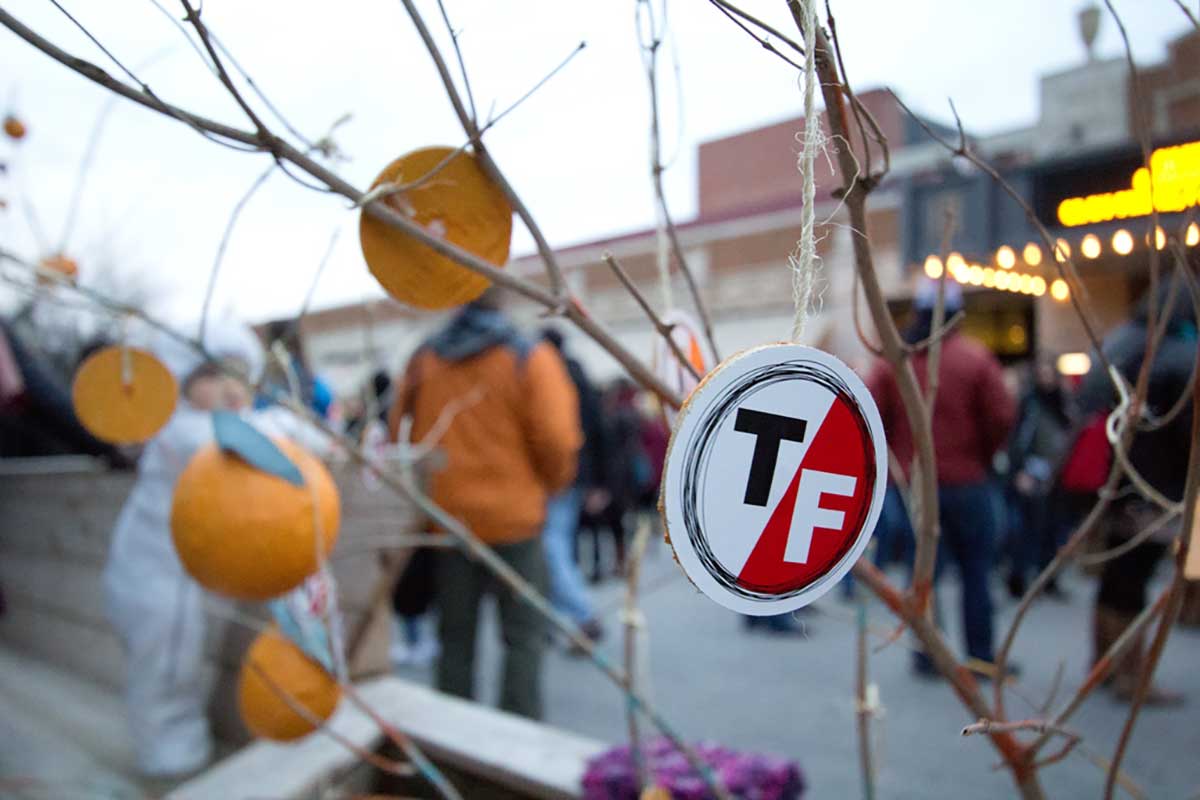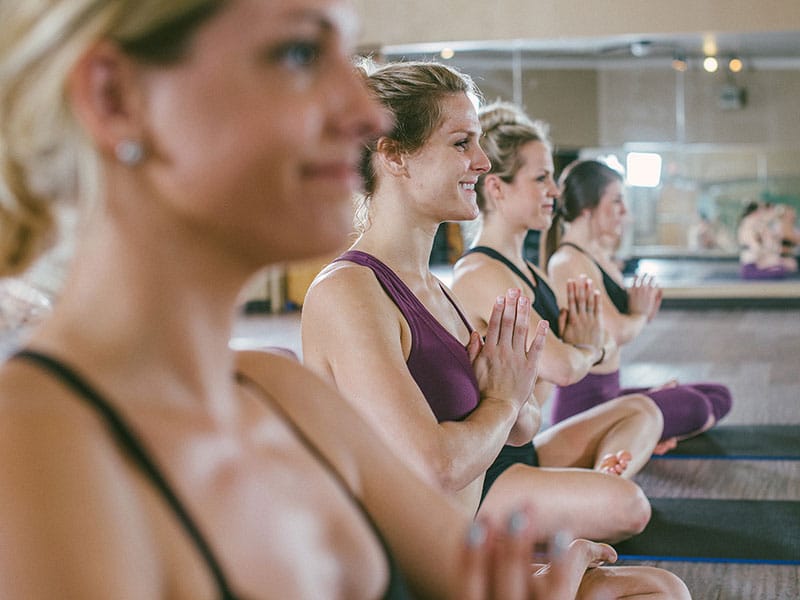This article is presented in partnership with True/False Film Fest.
In a year marked by uncertainty and change, the eighteenth edition of True/False Film Fest takes place May 5-9, 2021, at Stephens Lake Park in Columbia. This outdoor celebration of the arts is a first for the festival as the event organizers pivot festival times and screening locations to accommodate an in-person experience that maintains awareness of current circumstances, meets a need for shared joy, and delivers the world-class cutting edge nonfiction film, music, and art—hallmarks of the festival.
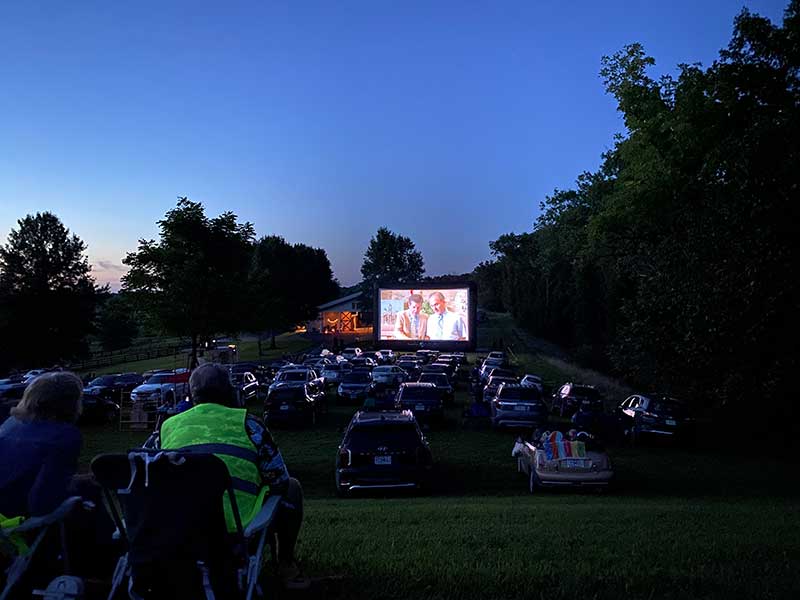
“When we first began meeting last spring to discuss this year’s Fest, the idea of moving to a later date was offered as a possibility pretty early on,” says Stacie Pottinger, True/False Film Fest Director of Development and Communications for Ragtag Film Society. “We needed to plan as though the Fest was happening next week under the same health restrictions. Once we started looking at doing everything outdoors, we knew pretty quickly we would need to move to Stephens Lake Park. We will miss our downtown establishments this year and plan on coming back downtown in March 2022. People are excited about the novelty of an outdoor True/False. Everyone knows this will be a unique experience.”
The park’s outdoor amphitheater, sled hill, and two fields will be used for screening venues as well as other parts of the park for events. Additionally, there will be a drive-in venue located in the lot at Holiday Inn Executive Center, with nightly screenings, and Ragtag Cinema provides an indoor option with limited (physically distanced) seating.
Highlights at True/False this year include three longstanding True/False Film Fest programs: honoring a visionary filmmaker, celebrating brave onscreen presences, and exploring the margins of nonfiction cinema history. Rosine Mbakam, director of Delphine’s Prayers, will receive this year’s True Vision Award. The Yazidi Home Center, which plays a crucial role in the film Sabaya, a film about the daring rescues of Yazidi women from Daesh (ISIS)-controlled refugee camps, will be the recipient of the annual True Life Fund. The annual retrospective sidebar, Neither/Nor, will be curated by Ashley Ray-Harris, who offers a highly subjective history of reality television.
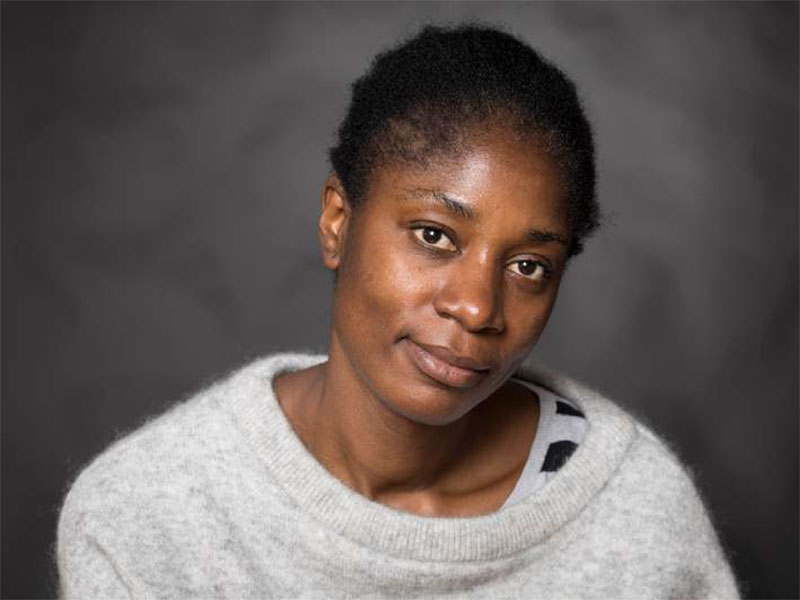
TRUE VISION AWARD
Rosine Mbakam receives this year’s True Vision Award in honor of her achievements in and contribution to the field of nonfiction filmmaking. Her new film, Delphine’s Prayers, will screen at the festival along with her first feature, The Two Faces of a Bamiléké Woman.
Cameroonian filmmaker Mbakam now has three exceptional features under her belt: The Two Faces of a Bamiléké Woman and Chez Jolie Coiffure, along with her latest film, Delphine’s Prayers, cement Mbakam as a powerful director exploring intimacy, womanhood, and African identity in her work.
In The Two Faces of a Bamiléké Woman, Mbakam returns to her native Cameroon from her home in Belgium, where she moved to study film at the age of twenty-seven, married a European, and had a son. Her mother, Mâ Brêh, still lives in Cameroon, and returns to their familial village of Tonga to meet Rosine; the elder woman joins their other female relatives as they go about their daily tasks, sharing stories that reveal the strength of their solidarity in the face of many adversities.
Mbakam came to the True/False team’s attention in 2019 with her sophomore film, Chez Jolie Coiffure (T/F 2019). In Chez Jolie Coiffure, Mbakam crafts a vibrant portrait of the titular beauty salon in central Brussels, a haven for West African women like herself. Though the camera never leaves the confines of the tiny shop, her skills as both storyteller and camera operator make the setting feel expansive.
Her newest film, Delphine’s Prayers, focuses singularly on Delphine, a Cameroonian woman living in Belgium, as she recounts her turbulent life of sexual exploitation and dislocation. Mbakam gives Delphine the space to reflect upon the trauma she’s sustained; there’s a grace we’re privileged to bear witness to in this conversation that examines the intersections of gender, race, class, and displacement. These moments, from playful to staggeringly painful, develop a palpable intimacy. Mbakam is not a distanced observer, but an equal participant, co-crafting a narrative with Delphine. Their bond is felt in every word and every glance at the camera.
TRUE LIFE FUND
Through the True Life Fund, True/False acknowledges the risks, sacrifices, and contributions of documentary subjects—those who appear in front of the lens and share their lives. This year’s film, (directed by Hogir Hirori), follows Mahmud and Ziyad, volunteers who run the Yazidi Home Center outside the Al-hol refugee camp on the Iraq/Syria border. Their attempts to liberate Yazidi women who are being held captive in Daesh-controlled refugee camps place them directly in harm’s way—including being shot at in a high-speed car chase. But their efforts are equaled by the young women who voluntarily return to the camp—at massive personal risk—to serve as informants and guides to the escapees.
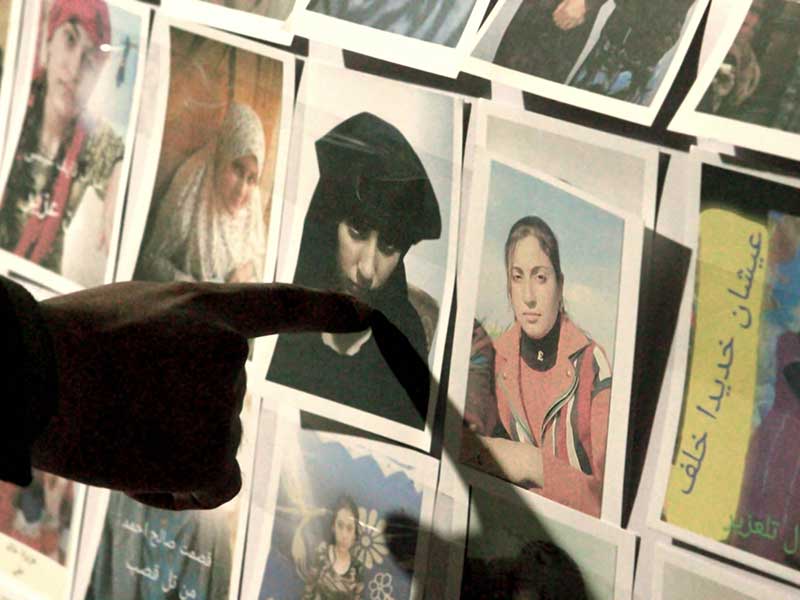
“The True Life Fund has never been a charity. Rather, we see it as a way to simply thank the recipients for opening a window onto their lives,” says True/False Interim Artistic Director David Wilson. “One of the great powers of nonfiction filmmaking is that it can introduce us to people and places we might never otherwise encounter. These connections, made across time and distance, still have the power to enrich and even change our own lives.”
The True Life Fund comprises thousands of individual gifts from festival attendees, which can be made in person at the screenings, via the website, by texting “TLF” to 202-858-1233, or by mailing a check made out to Ragtag Film Society with TLF on the memo line to 5 S. 9th St. Columbia, MO 65201 between now and July 1. Funds raised will be sent to the production company in Sweden. They, in turn, will work to support the Yazidi Home Center and those who appear in the film.
Related Posts
Stay in a 125-Year-Old Farmhouse
The Weber Farm has been in the family since 1892, and now you can book a reservation at the property.
Enter to Win a Pair of Lux True/False Passes
Missouri Life magazine is giving away a pair of Lux passes to True/False Film Fest!
New Year, New You
Ring in the new year by taking part in a new hobby.
